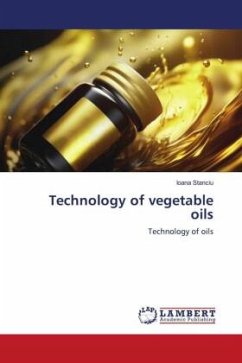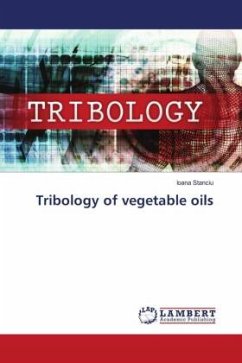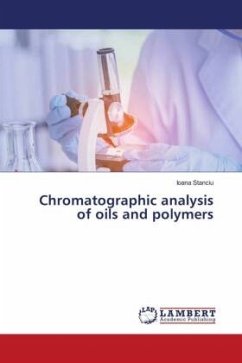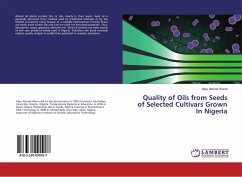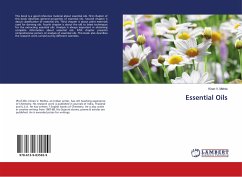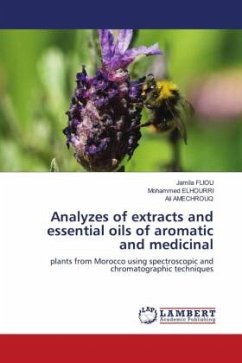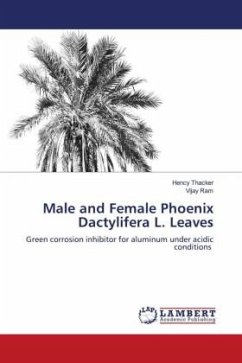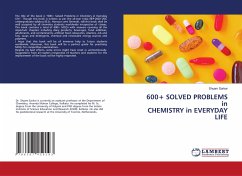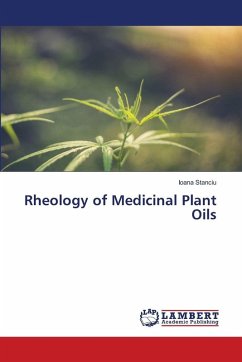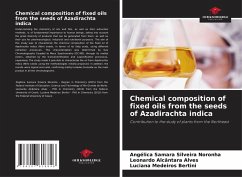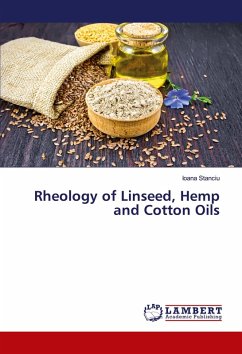
Rheology of Linseed, Hemp and Cotton Oils
Versandkostenfrei!
Versandfertig in 6-10 Tagen
53,99 €
inkl. MwSt.

PAYBACK Punkte
27 °P sammeln!
The book "Rheology of Linseed, Hemp, and Cotton Oils" is structured into six chapters: general characterization of flax, hemp, and cotton; primary processing of these plants; technology for obtaining their oils; rheological behavior of linseed oil; rheological behavior of cotton oil; and rheological behavior of hemp oil.Cotton, like flax, is a technical plant from the Malvaceae family, presented as bushes. Cotton seeds are toxic due to 1.5% gossypol. Flax (Linum) belongs to the Linaceae family with about 200 varieties. It is a perennial, bushy textile plant like cotton.Hemp has the highest ind...
The book "Rheology of Linseed, Hemp, and Cotton Oils" is structured into six chapters: general characterization of flax, hemp, and cotton; primary processing of these plants; technology for obtaining their oils; rheological behavior of linseed oil; rheological behavior of cotton oil; and rheological behavior of hemp oil.Cotton, like flax, is a technical plant from the Malvaceae family, presented as bushes. Cotton seeds are toxic due to 1.5% gossypol. Flax (Linum) belongs to the Linaceae family with about 200 varieties. It is a perennial, bushy textile plant like cotton.Hemp has the highest industrialization capacity among technical plants: nothing is wasted, and everything is recovered. Products from hemp range from rope to cosmetics and automotive industries. Additionally, after hemp cultivation, land becomes suitable for cereal crops the next year because hemp kills weeds. The amount of chemical fertilizer required is much lower compared to other crops.





